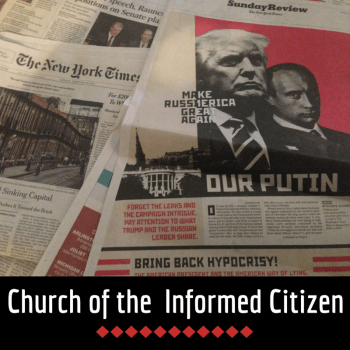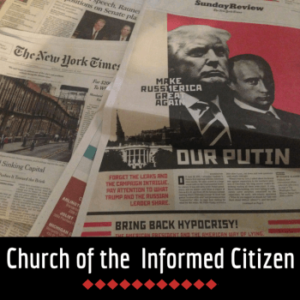 I’ve just posted a new book review on Escape Into Life, of The Natural Way of Things by Charlotte Wood. (TLDR version for anyone too lazy or disinterested or exhausted: OMG, go read this book!)
I’ve just posted a new book review on Escape Into Life, of The Natural Way of Things by Charlotte Wood. (TLDR version for anyone too lazy or disinterested or exhausted: OMG, go read this book!)
That said, the book left me with a lot of questions—enough that I re-read it almost immediately, writing notes and jotting down thoughts as I went. Unlike many books these days, there are no book club discussion questions at the end, even though I think the book would make a wonderful book club selection. So if you like that sort of thing (and I’m of two minds because while I don’t usually pay attention to the book club notes myself, I know book club organizers who make great use of them), here are some suggestions, based on the questions and themes that occurred to me as I read.
- Wood tells much of the narrative of the book by alternating between Verla’s story and Yolanda’s perspective. Why do you think she does this?
- What is the importance of the forced march out to and back from the fence on the young women’s first day of imprisonment?
- Why do you think Nancy wears a child’s pretend nurse’s uniform?
- What is the significance of the doll that Hetty demands the others make for her? Why do you think she wants it, and why do you think she becomes so attached to it?
- Why do you think Yolanda sews her “secret” contribution inside the doll? (Trying not to give anything away to those who’ve not yet read this far.)
- Were you surprised by the change in Boncer after Hetty goes with him? Why or why not?
- Why do Yolanda and Verla become allies? Is there a precipitating incident that draws them together? Do you feel that they are reluctant allies in any way?
- When Yolanda and Verla hold hands at the end of their initial meeting, Verla is surprised to learn that Yolanda is stronger than she is. Is either of the two stronger than the other at the book’s close?
- Why do you think Verla decides at the last minute to get off the bus when she wouldn’t let Yolanda convince her not to get on in the first place?
- Madness is a constant theme in the novel. Do you believe any of the characters actually is or becomes insane?
More Questions!
Although the book itself doesn’t include discussion questions, the publisher’s website does.




